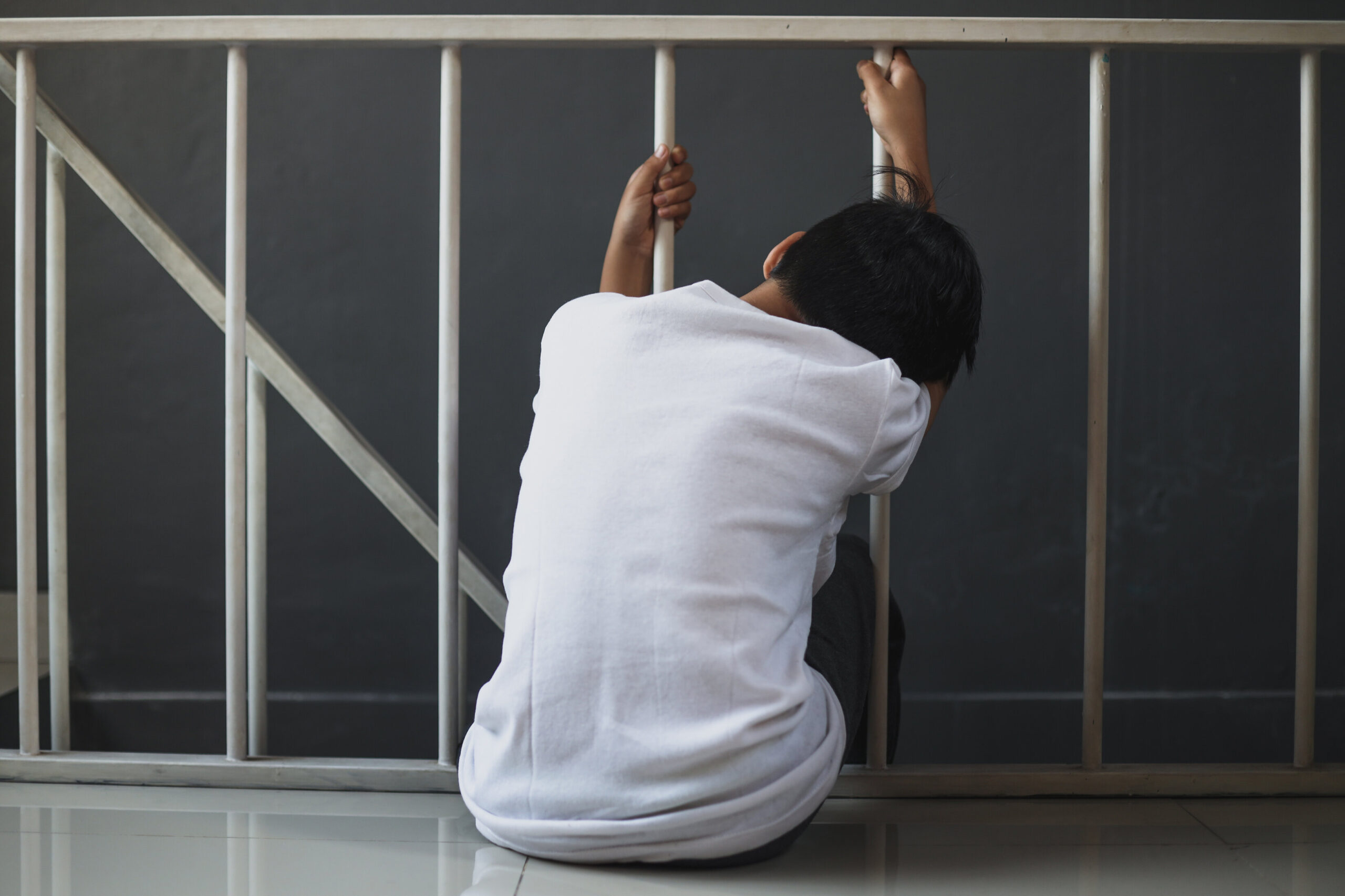Navigating the juvenile justice system can be a confusing and distressing experience for both young individuals and their families. When facing juvenile offenses, it is crucial to understand the unique characteristics and procedures of the juvenile court system, which often prioritizes rehabilitation and education over punishment.
A dedicated and seasoned legal representation can make a significant difference in ensuring that a child’s rights are protected and that their future remains optimistic by securing alternative resolutions or reducing the consequences of the alleged offense.
The experienced attorneys at BFP Law Firm are committed to providing expert legal counsel and vigorous representation to young clients and their families dealing with juvenile offense cases. Our compassionate, client-focused approach combines in-depth knowledge of the juvenile justice system, innovative defense strategies, and skillful advocacy to pursue the best possible outcomes for each case.
In this article, we will discuss the fundamental aspects of the juvenile court system, crucial defense strategies for handling juvenile offense cases, and the benefits of engaging BFP Law Firm’s professional legal representation to safeguard your child’s rights and future.
Facing a juvenile offense can be a daunting and life-altering situation for young individuals and their families. It is crucial to enlist the support of a dedicated legal team that can effectively navigate the complicated juvenile justice landscape while fiercely advocating for their clients’ rights and best interests.
The Unique Characteristics of the Juvenile Court System
While the processes within the adult criminal court system are primarily focused on punishment, the juvenile justice system’s primary goal is to rehabilitate and provide support to young offenders. This critical distinction is reflected in several key aspects of the juvenile court system:
- Confidentiality: In most jurisdictions, juvenile proceedings are kept confidential to protect the privacy of the young individuals involved, reducing long-term negative consequences such as impacts on education and employment opportunities.
- Informal Proceedings: Juvenile court proceedings tend to be less formal than adult trials, allowing for a more relaxed environment and encouraging open communication between the presiding judge, the youthful offender, and their family.
- Emphasis on Rehabilitation: The juvenile justice system aims to provide appropriate resources and interventions to rehabilitate young offenders and reduce the likelihood of future involvement in criminal activities.
- Alternative Sentencing Options: Juvenile courts frequently prioritize alternative sentencing approaches that offer educational, therapeutic, or community-based resources rather than incarceration or other punitive measures.
Identifying Crucial Defense Strategies for Juvenile Offense Cases
Successfully defending against juvenile offense charges requires implementing key defense strategies that emphasize the youthful offender’s potential for rehabilitation and responsibility:
- Demonstrating Progress and Achievements: Presenting evidence of academic accomplishments, personal growth, or involvement in positive community activities can demonstrate a young individual’s capacity for successful rehabilitation.
- Addressing Underlying Issues: In some juvenile cases, mental health concerns, addiction, or other underlying factors may contribute to delinquent behavior. Addressing and suggesting appropriate interventions can influence the court’s decision regarding appropriate sentencing and resources.
- Negotiating with Prosecutors and Probation Officers: Establishing productive relationships with key stakeholders in the juvenile justice system can enhance opportunities for alternative sentencing and diversion programs.
- Challenging the Validity of Charges and Evidence: As with adult criminal defense cases, juvenile defense attorneys must challenge the prosecution’s evidence, question the credibility of witnesses, and work diligently to identify potential weaknesses in the case against the youth accused.
Leveraging BFP Law Firm’s Compassionate Legal Representation for Juvenile Offense Cases
BFP Law Firm’s experienced attorneys possess the expertise, dedication, and empathy necessary to provide unparalleled legal representation for juvenile offense cases by:
- Conducting Comprehensive Case Evaluation: Our legal team devotes significant time and resources to understanding each case’s unique circumstances, gathering pertinent information that will inform our in-depth defense strategy and approach.
- Engaging in Proactive Advocacy: BFP Law Firm’s attorneys actively promote their juvenile clients’ well-being by proactively seeking appropriate resources and intervention options that complement the court’s rehabilitation objectives.
- Skillfully Navigating the Juvenile Court System: By keeping abreast of advancements in juvenile law and local jurisdictional nuances, our attorneys can effectively adapt their strategies to best serve the needs of each client and their family.
- Nurturing Relationships for Alternative Sentencing Opportunities: BFP Law Firm’s attorneys foster strong relationships with key stakeholders, including prosecutors and probation officers, to negotiate opportunities for alternative sentencing and diversionary programming, both of which can significantly impact the course and outcome of a juvenile case.
Conclusion
The juvenile court system aims to provide young offenders with the best chance of rehabilitation, focusing on support, guidance, and alternative solutions in lieu of punishment. BFP Law Firm’s committed attorneys recognize the unique characteristics of the juvenile justice system and passionately advocate for their clients’ rights, employing innovative defense strategies to minimize negative consequences and help young offenders reintegrate successfully into society.






